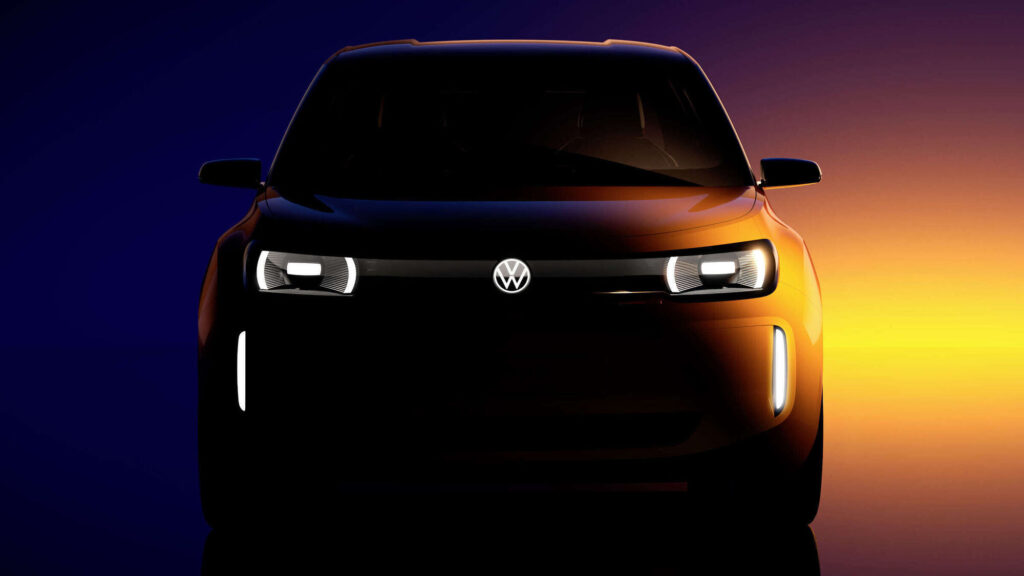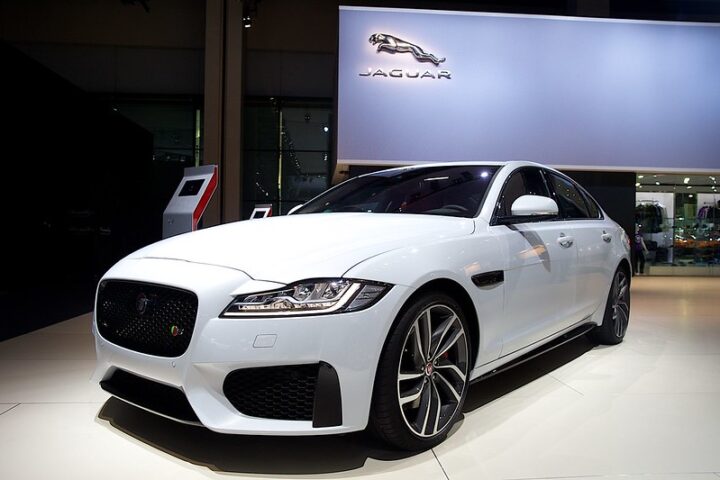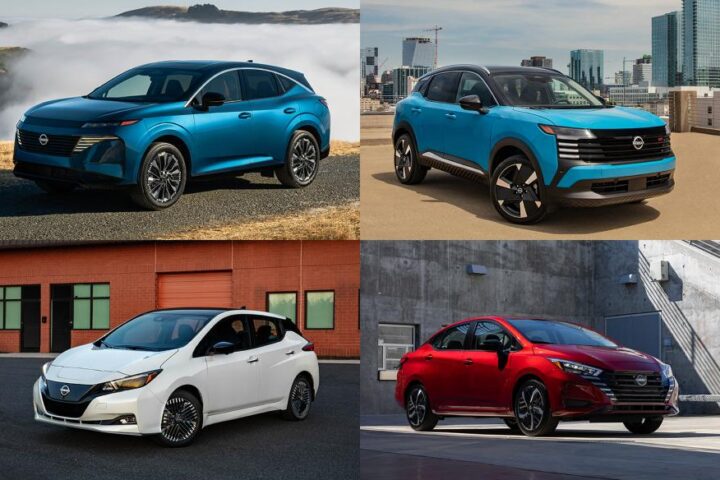The planned merger between Honda and Nissan, which would have joined two of Japan’s biggest carmakers, is falling apart over who gets to be in charge. Honda wanted to take control of Nissan – something Nissan wasn’t ready to accept.
This matters because both companies are racing to catch up in making electric cars, where Chinese companies like BYD are pulling ahead. Together, Honda and Nissan make about 10 million cars each year. Working together could have helped them share resources and technology to compete with Tesla and other electric vehicle makers.
The stock market showed what people think about this news. Nissan’s stock value dropped by 4.9%, while Honda’s went up by 8.2%. This reflects that Honda, worth about $51.90 billion, is much larger than Nissan, which has a market value of 1.44 trillion yen.
Nissan is already going through tough times. It’s cutting 9,000 jobs and making fewer cars to save money. The company has been struggling since 2018, when its former boss Carlos Ghosn was arrested. These problems make it harder for Nissan to invest in electric vehicle development just when that’s becoming more important.
“Investors may get concerned about Nissan’s future,” says Vincent Sun, who studies car companies at Morningstar. He points out that Nissan could face bigger problems if new taxes are put on cars made in Mexico and sold in the U.S. – something that would hit Nissan harder than Honda or Toyota.
Similar Posts
The failed merger shows how traditional car companies are working to adapt to the electric vehicle market. Both companies need to develop new technologies and compete with established electric vehicle makers. Looking at common industry practices, joining forces could have helped them share the costs of developing new electric vehicles and related technologies.
Honda wanted more control because it was worried about Nissan’s money problems. As Christopher Richter from CLSA explains, “Without being able to have control, Honda appears to be walking away.” The companies would need significant investment to develop competitive electric vehicles, which is a key factor in their strategic decisions.
Another company, Renault from France, owns 36% of Nissan and said it was open to the merger. But with Honda wanting to take charge, things got complicated. Both Honda and Nissan say they’ll make a final decision by mid-February, but sources say Nissan is ready to end talks.
For the automotive industry, this situation highlights the challenges companies face in developing electric vehicles while maintaining their market position. Based on common industry knowledge, companies often need partnerships to share the substantial costs of new technology development, especially in the competitive electric vehicle market.

















